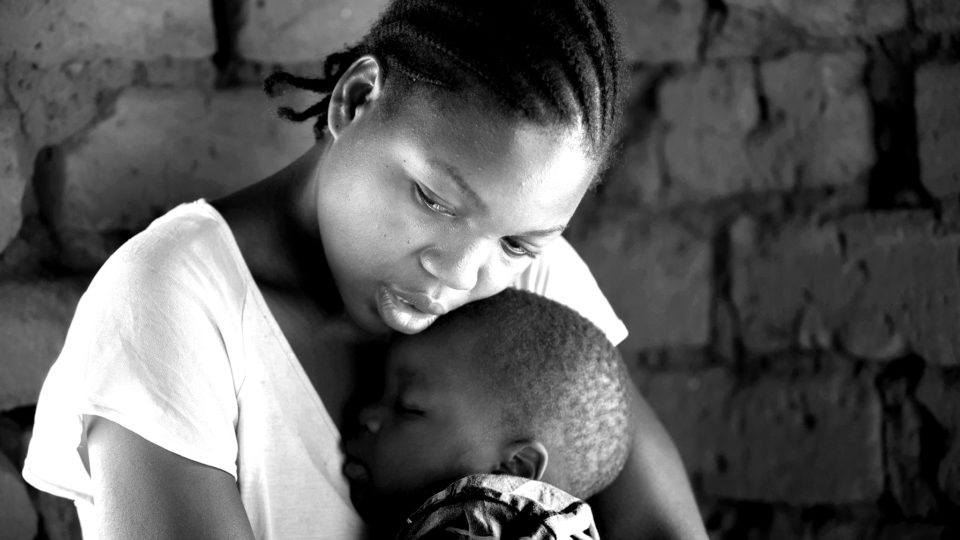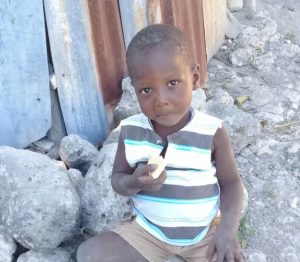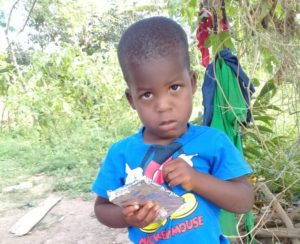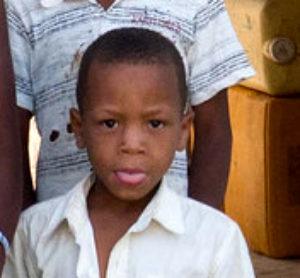A Commitment to Social Justice – Weekly Reflection, CMMB

A Catholic Meditation on the Gospel
On the first Sunday of Lent, the Gospel reading is always about Jesus’ temptation in the desert. In Mark’s Gospel, the desert marks the beginning of Jesus’ battle with Satan; the ultimate test will be in Jesus’ final hours on the cross. In a similar way, our Lenten journey is only a beginning. The lessons of Lent support our ongoing struggle to do what’s right. This week, the United Nations observes World Day of Social Justice. It’s an opportunity to reflect on our own understanding of social justice, one of the seven themes of Catholic social teaching.
Your ways, O Lord, are love and truth. – Psalm 25
Carol Zinn, a Sister of St. Joseph from Chestnut Hill, outside Philadelphia, is a member of CMMB’s board of directors. We invited Sister Carol to share her reflections on this very timely topic.
Social justice is both simple and complex. Simply, it is doing what is right, meaning respectful, dignified, and honoring each person as he or she is—an image and likeness of God. In CMMB’s work, we make sure that everybody at the grassroots level—meaning the people who are going to be served, especially women and children—not only have a say about what we do, but that the distribution of resources is equal.
There is a difference between charity and social justice. It is not about giving out a bowl of soup. It is about tending to grassroots needs. Social justice would demand that if you give out a bowl of soup without understanding why you have to give out a bowl of soup, and don’t try to change why you need to give out that bowl of soup, you will be giving out soup forever. So, there needs to be a lot of education, a lot of consciousness raising. That’s why Catholic social teaching is so helpful. It’s also called the Catholic Church’s best kept secret. Catholic social teaching can make people uncomfortable, because it puts a mirror up in front of you. Some people may be disturbed by what they see in that mirror.
Catholic social teaching is called the Church’s best kept secret.
Everybody deserves, in the best sense of the word from a faith perspective, from a dignity standpoint, to have their voice heard and their needs met. Not exorbitant needs, but basic human needs. The concept of social justice, based on human dignity, is in the Gospel, and every sacred text that I know of. Jesus said, you saw somebody hungry, you saw somebody thirsty, and you tended to their needs. And so, you tended to me. These vulnerable women and child are our sisters and brothers. That is a huge component of CMMB’s work. We actually receive more from these experiences than the people we are helping. Everyone gets transformed when human dignity and social justice are the goals.
Read Sister Carol’s full interview by CLICKING HERE.
Stories of Children Living in Extreme Poverty
Jamescy’s family lives in a temporary structure that used to protect a neighbor’s cooking fire. His parents are struggling and the situation is critical. Jamescy is small for his age and underweight. You can bring a mother and child hope.
CLICK HERE to read Jamescy’s story.
A life of extreme poverty is all four-year-old Robenson has ever known. His mother works hard, juggling family and a small business selling vegetables from her garden, but it’s not enough. She can’t feed her children and send them to school. You can change that. Help Robenson take his first steps toward a better future by sending him to school.
CLICK HERE to read Robenson’s story.
Rubens is eight and should be with his classmates, but instead he stays home. His mother knows that education is the best way for Rubens to rise above poverty, but food must come before education in a poor, extremely vulnerable family. You can send a child to school.


